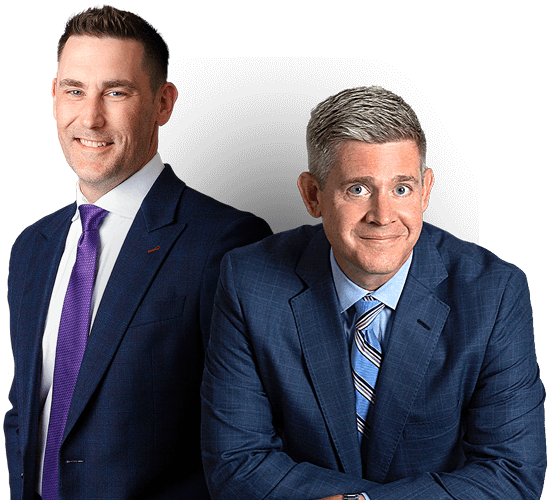The long-term care of people with traumatic brain injuries often falls to their loved ones. According to the Centers for Disease Control and Prevention, five years after their injuries, 33% of those with traumatic brain injuries need help with their daily activities and 57% have a moderate or severe disability.
Understanding how to go about helping those with brain injuries may help people to care for their loved ones after accidents.
Create a schedule
According to Mayo.edu, after head trauma, people often benefit from having a predictable routine. TBIs sometimes cause memory and other cognitive issues. Having a consistent schedule aids some with these and other such problems.
Review the familiar
Talking to loved ones with TBIs about familiar things may help them to remember or to create new connections. For instance, people may look at pictures of family, pets and friends. Listening to familiar music and watching or listening to messages from family, friends and coworkers also commonly assists with the recovery of memories.
Expect inconsistency
Anticipating inconsistency, as well as good days and bad days, often help those caring for loved ones with TBIs to accept their family members’ injuries. Brain injuries, including the effects, the treatment plan and the prognosis, differ from one person to another. Not worrying about inconsistency in progress frees many to provide the reassuring, calm support their loved ones need.
Traumatic brain injuries often have life-changing effects – on those who suffer them, as well as on their families and loved ones. While money cannot undo the damage caused by head trauma, pursuing financial compensation for accident injuries may offer much-needed support as people recover from and cope with their injuries.


